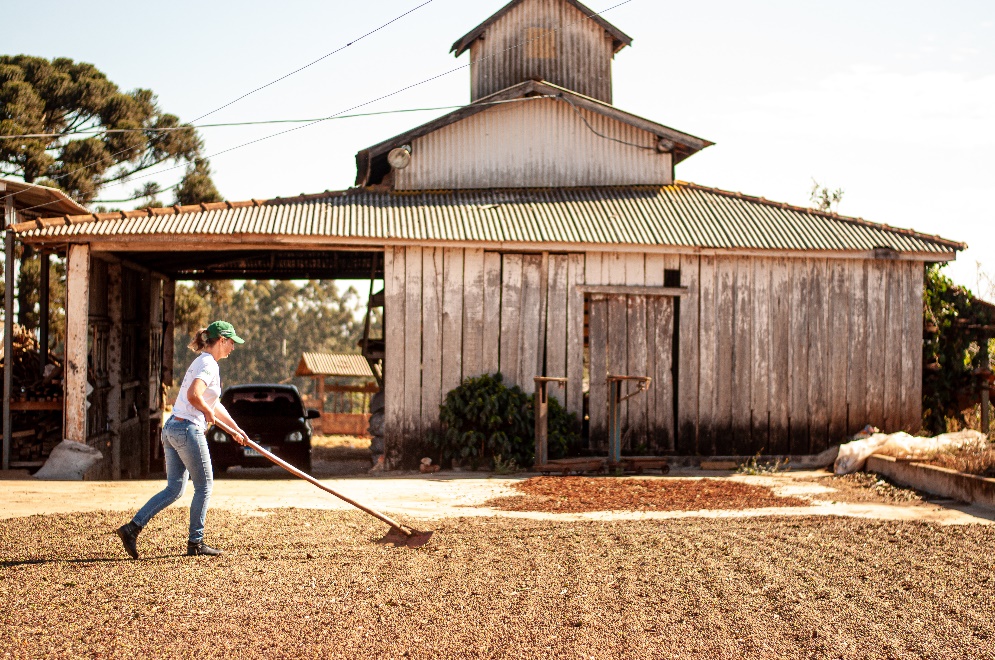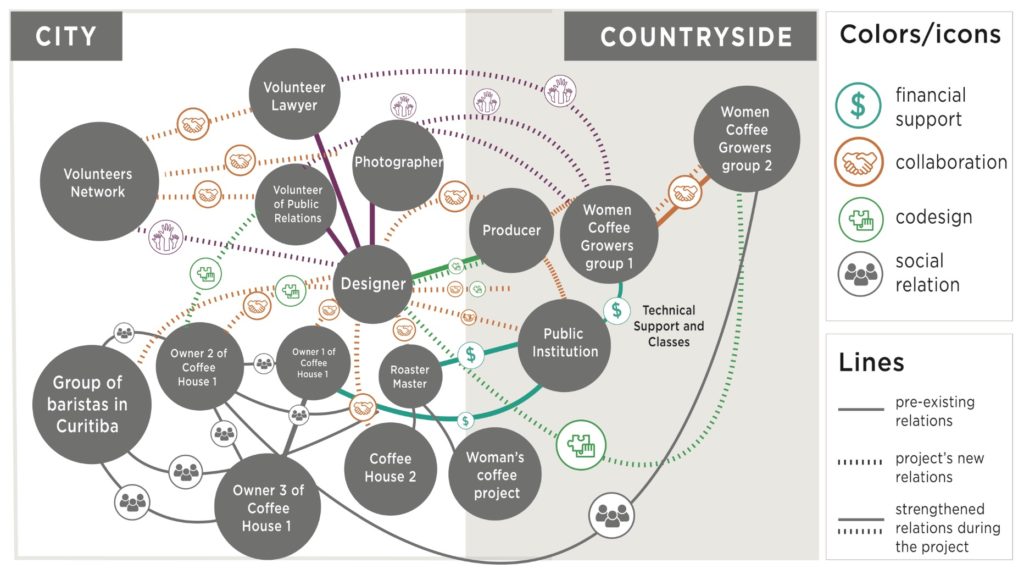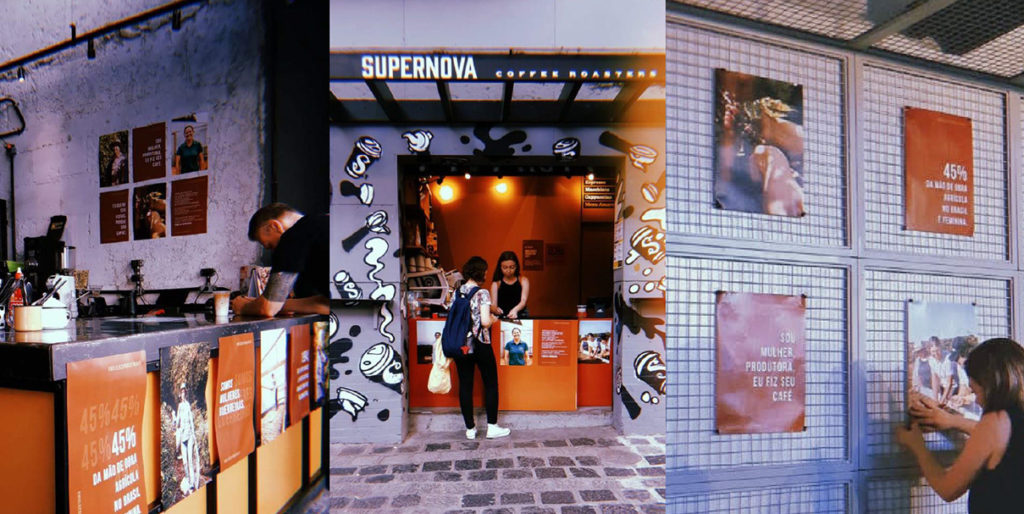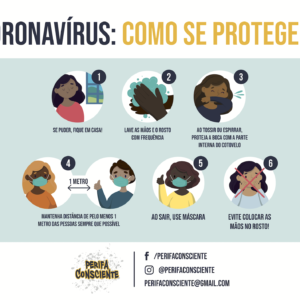Women Coffee Worker Coalition is the final work of Rafaella Peres Eleuterio to obtain her Bachelor degree in Design at UTFPR. Rafaella had some relatives who worked on the coffee fields of Northern Paraná but she never engaged directly with this production. After seeing the coffee packages which sold their produce in the city, she became concerned that her relatives’ names were absent, probably because they were women.
She traveled to the women coffee producer region and stayed there for several days, trying to immerse herself in the meanings and challenges of their work. After she returned, she was transformed by living with these women for a while. Although they suffered from work invisibilization, Rafaella was very inspired by their toughness. Her final work then aimed at making the rural women’s work visible in the urban area that consumed their products.

As the design project unfolded, Rafaella met a handful of people that introduced her to new people who also cared about women’s work invisibilization. She took the role of a design coalition articulator described by the Design for Social Innovation literature very seriously. She was always trying to connect and relate to the people she met, so they could do business or collaborate in some way. Her coalition expanded to include dozens of actors, including farmers, small companies, and governmental institutions who cared for women who faced sexism at work and in production relations. Her project successfully showed the face of women working in the coffee service supply chain in Paraná state.

The outcomes of this coalition includes a photo exhibition of women coffee workers displayed at the coffee shops in Curitiba, an entrepreneurship course, several business trades, a proposal for protecting women barista workers from sexual abuse at work, and a conference paper on organizing feminist coalitions.

References
Eleutério, Rafaella P. and Van Amstel, Frederick M.C. Matters of Care in Designing a Feminist Coalition. (2020). In: Proceedings of the 16th Participatory Design Conference. Manizales, Colombia. DOI: https://doi.org/10.1145/3384772.3385157
Eleutério, Rafaella P.; Van Amstel, Frederick, M. C. (2023). Questões de cuidado na formação de uma coalizão de design feminista [Matters of Care in forming feminist design coalitions]. Arcos Design, 16(1). https://doi.org/10.12957/arcosdesign.2023.71093

